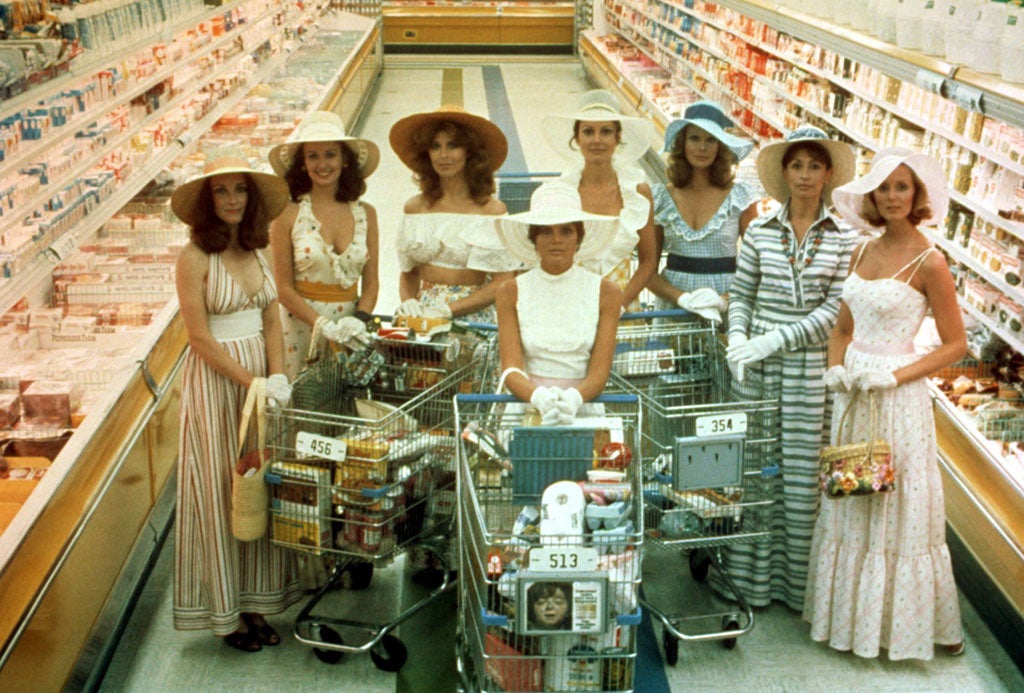Finders Keepers reveals Suzanne Ciani's dedication to synthesisers

Your support helps us to tell the story
From reproductive rights to climate change to Big Tech, The Independent is on the ground when the story is developing. Whether it's investigating the financials of Elon Musk's pro-Trump PAC or producing our latest documentary, 'The A Word', which shines a light on the American women fighting for reproductive rights, we know how important it is to parse out the facts from the messaging.
At such a critical moment in US history, we need reporters on the ground. Your donation allows us to keep sending journalists to speak to both sides of the story.
The Independent is trusted by Americans across the entire political spectrum. And unlike many other quality news outlets, we choose not to lock Americans out of our reporting and analysis with paywalls. We believe quality journalism should be available to everyone, paid for by those who can afford it.
Your support makes all the difference.A composer with multiple Grammy nominations is set to receive belated recognition for her early Seventies work as an electronic music pioneer – thanks to the UK crate-digging label Finders Keepers. The keyboardist Suzanne Ciani was introduced to early synthesisers in the late sixties by designer Don Buchla, whose eponymous telephone exchange-style contraption defined Ciani's early sound.
Based in New York, she immersed herself in Philip Glass's experimental art scene, while earning money introducing the mainstream to unfamiliar sounds. Ciani provided sound effects for the original version of The Stepford Wives and Meco's disco version of the Star Wars theme. There were idents for the likes of Coca-Cola and Atari, before she became the first solo female composer of a major Hollywood release, The Incredible Shrinking Woman.
Ciani built up a huge archive of ground-breaking work that has remained untapped until Finders Keepers's boss, Andy Votel, suggested they work together on introducing her to younger listeners. Lixiviation (named after a collaboration with sculptor Ronald Mallory) has transported Ciani back to an exciting time. "The Sixties was a time of social freedom and breaking rules. It was the moment when art and technology met and one inspired the other," she says.
Suzanne Ciani's 'Lixiviation' is out now
Join our commenting forum
Join thought-provoking conversations, follow other Independent readers and see their replies
Comments